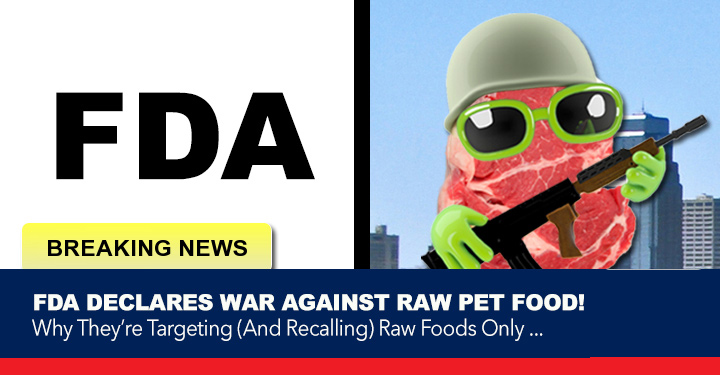Manufacturing and feeding raw diets for over four decades has enabled me to see pets of all sizes and shapes in both excellent and declining health. I have seen animals in radiant health that have been raised and maintained for a lifetime on raw food, compared to the poor health of those fed a dry, heat processed food diet. The majority of our new customers contact us because their dogs are suffering from some sort of medical condition. We hear about the physical problems such as, organ function, heart malfunction,…
Read MoreDoes your pet suffer from kidney disease?
By Monica Samson, One of the questions we ask our new clients is how they hear about us. Many of them find us by doing research – mostly online – for natural and effective ways to help improve their pet’s current health problems. Allergies, digestion, arthritis and cancer – these are all pethealth problems that pet owners are faced with on a regular basis (and it’s interesting to note that humans also suffer from these same maladies). One health problem that comes up quite often is canine kidney disease. What…
Read MoreGoat milk promotes good health
According to the Journal of American Medicine, “Goat milk is the most complete food known.” It contains vitamins, minerals, electrolytes, trace elements, enzymes, protein, and fatty acids. In fact, the body can digest goat’s milk in 20 minutes. Having fat molecules one-fifth the size of those in cow’s milk makes it easily digestible and tolerable even for dogs with digestive issues. Raw goat milk is a source of easily digested probiotics that can help with many chronic diseases, including: Liver disease Heavy metal poisoning Malnutrition Kidney disease Kidney stones Diabetes GI disease Poor…
Read MoreWhat to do when your dog is gaining weight!
By Dr. Bill Ormston, DVM Overweight dog? It may be what you are feeding rather than how much… Feeding your dog is a necessity, not an optional part of owning a dog. Dogs that gain weight easily when fed high carbohydrate rations have lowered metabolisms compared with normal dogs. This predisposes the animal to other illnesses. What is metabolism? This is the chemical process that every cell in the body undergoes every day in order to survive. The main goal of this process is to reproduce DNA. In the process…
Read MoreFDA rages war against raw feeders
Last week, the Maryland Department of Agriculture issued a stop sale order on Stella and Chewy’s freeze dried chicken patties dog food, which tested positive for Listeria monocytogenes. Yeah, I agree that listeria and salmonella in dog food can be an issue for us (but not really for our pets) … but I’ve got a bigger issue with this. Just A Coincidence? This recall comes just weeks after the FDA stated they would start cracking down on harmful pathogens in pet foods in the upcoming months … … in raw…
Read MoreThe Scientific Reason Why Dogs Are Our Best Friend
If you think of your dog as your “fur baby,” science has your back. New research shows that when our canine pals stare into our eyes, they activate the same hormonal response that bonds us to human infants. The study–the first to show this hormonal bonding effect between humans and another species–may help explain how dogs became our companions thousands of years ago. “It’s an incredible finding that suggests that dogs have hijacked the human bonding system,” says Brian Hare, an expert on canine cognition at Duke University in Durham,…
Read MoreIs your dog suffering from malnutrition?
Is Your Dog Merely Surviving Or Is He Thriving? Some dog owners believe their dog is completely healthy on a kibble diet, but there are some important nutrients that are not yet deemed essential under the official nutritional guidelines for pet foods. Young animals can appear to be full of life and the picture of health but what is going on inside their bodies as they grow, mature and reach their senior years? As dogs age, their owners may find they just don’t have the same vitality they…
Read MoreWhat meaning do enzymes have for your dog?
Cooking at temperatures above 118F destroys the naturally occurring enzymes in food. This means your dog’s body has to produce all of the enzymes necessary to digest the food and sooner or later, this limited supply will be used up. Enzymes are responsible for every metabolic reaction that takes place in your body, whether it is the blinking of your eye or the functioning of your liver. Of course, the same applies to your dog’s body. What Are Digestive Enzymes? The body also uses enzymes to digest and use food.…
Read More
















